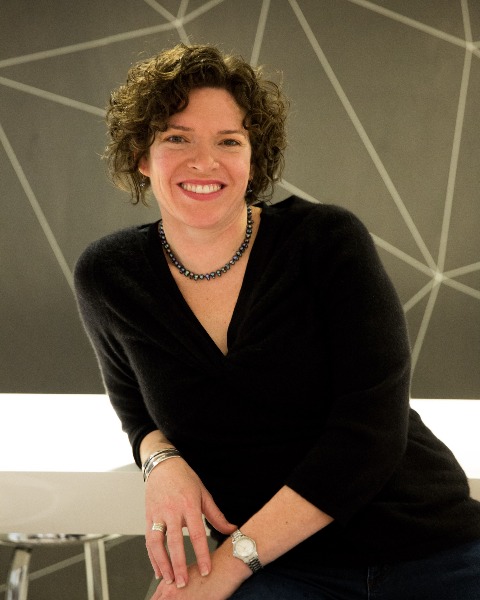

Melissa Marsh, Assoc. AIA
Founder and Executive Director
PLASTARC
Melissa Marsh is Founder and Executive Director of PLASTARC, a social research, workplace innovation, and real estate strategy consultancy. Her work leverages the tools of social science and business strategy to help organizations make more data-driven and people-centric real estate decisions.
Melissa combines quantitative and qualitative social science research with architectural expertise and is dedicated to shifting the metrics associated with workplace from “square feet and inches” to “occupant satisfaction and performance.” This holistic approach enables PLASTARC to recommend evidence-based interventions that make the built environment more people-centric and responsive, promoting both individual wellness and business success.




